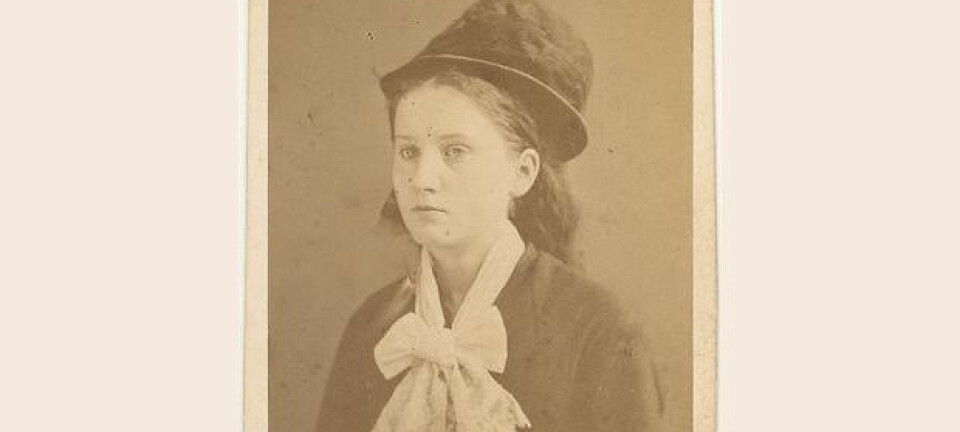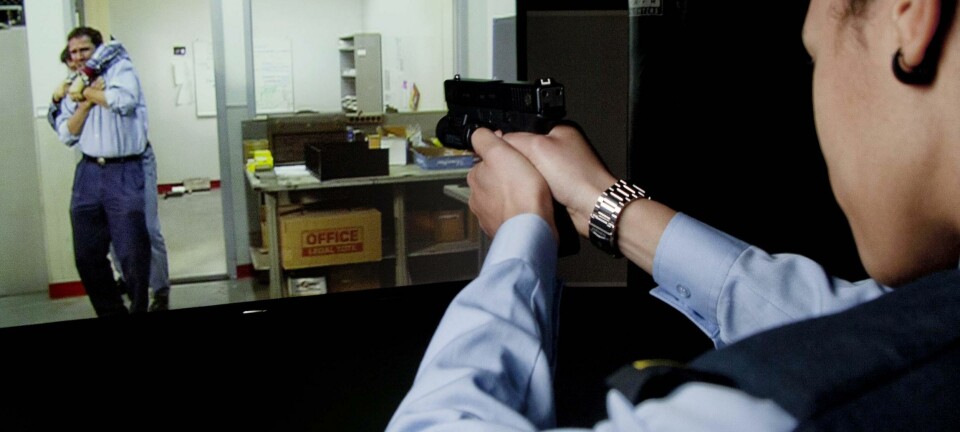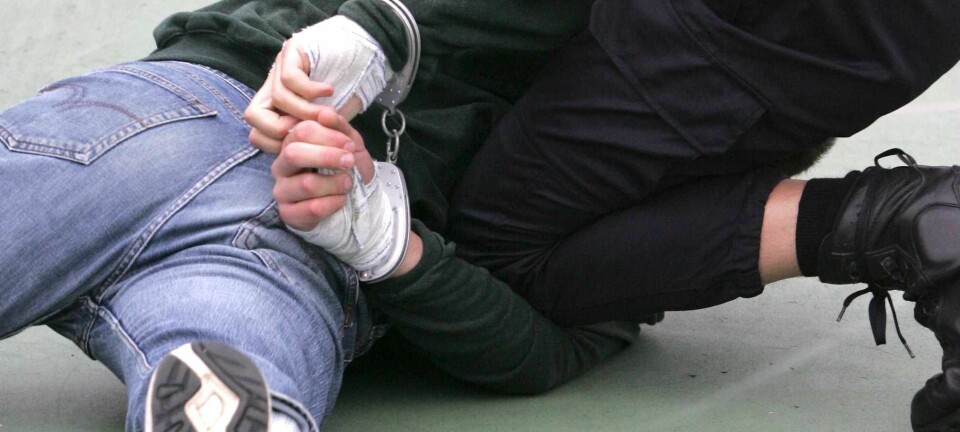Older police officers struggle with proper arrest technique
The oldest police officers do not have the necessary skills when it comes to making physical arrests. They resort to using baton and pepper spray instead.
Police officers with less than five years of service perform better than older colleagues. This is the conclusion of a master's thesis comparing two police precincts, conducted by an instructor at the Norwegian Police University College, Aun Hunsager Andresen.
Use of force
According to Norwegian law, the police should try to arrest suspects without undue force. This is because the risk of injury increases when force is used.
The first step should always be persuasion. If that fails, officers may use physical force to subdue the suspect before handcuffs are applied.
If the situation gets out of control, officers may use pepper spray, baton or the like.
“The vast majority of arrests are undramatic, because the police officer persuades the person to surrender”, Andresen says. He stressed that experienced police officers tend to be better at this.
Below the minimum
The experienced officers generally have, however, insufficient technique when it becomes necessary to use force, Andresen concludes.
In the study, several experienced officers stated that they felt unsafe when making arrests using force.
They felt less able to comply with the guidelines than the younger group. They fell short of the minimum skill level required, while the younger group was well over.
The differences were also apparent when the two precincts examined in the study were compared. The officers from one precinct, which had a high proportion of experienced officers, performed below the acceptable limit, even after completing the required training.
The officers themselves agreed with the findings: Experienced officers stated that their skills were below average, while younger ones reported their skills as being above average.
In the precinct with a higher average age, the officers felt less able to comply with the guidelines for use of force. They also reported experiencing more stress in connection with arrests.
More use of batons and pepper spray
Differences in skill level affect the use of force, according to the study.
More than half of the officers with the lowest skill level reported use of pepper spray and baton. In the group with the best skills, only one third did.
Pepper spray is not harmful, but it is painful. Therefore, it should only be used against suspects who may put police officers in dangerous situations, according to the instructions for use of force.
Handcuffs were a challenge
In addition to proficiency in techniques for arresting suspects, the groups were tested on their use of handcuffs and control positions.
Less than half of the officers managed to put on handcuffs in the correct way in the precinct with older officers. The other group fared better, but a lot of the officers caused the suspects unnecessary pain.
In the district with lower skill levels, fewer of the officers reported that they were able to use force proportionately and safely.
Inadequate training?
Eugene Ejike Obiora died while being arrested in Trondheim in 2006. After this incident, Norwegian police worked to improve their methods. Basic training may have been inadequate for those who graduated before 2006.
Andresen believes that maintenance training has been insufficient as a remedy. In addition, experience itself has a limited effect.
“An average policeman makes one arrest per month. Therefore, the service itself is not effective as training”, he says.
------------
Read the Norwegian version of this article at forskning.no
Translated by: Lars Nygaard









